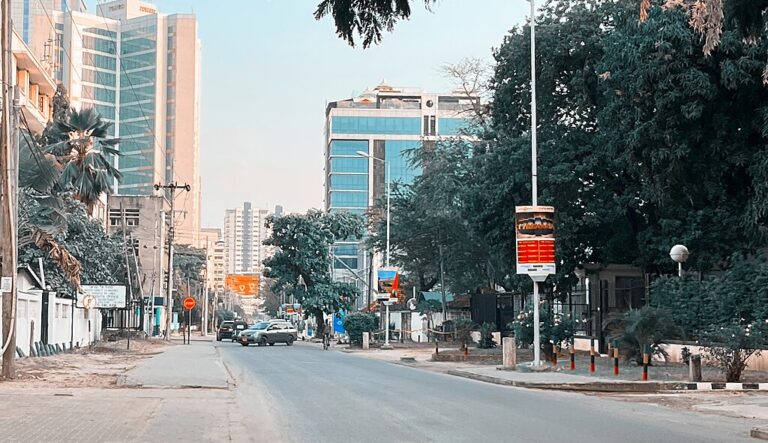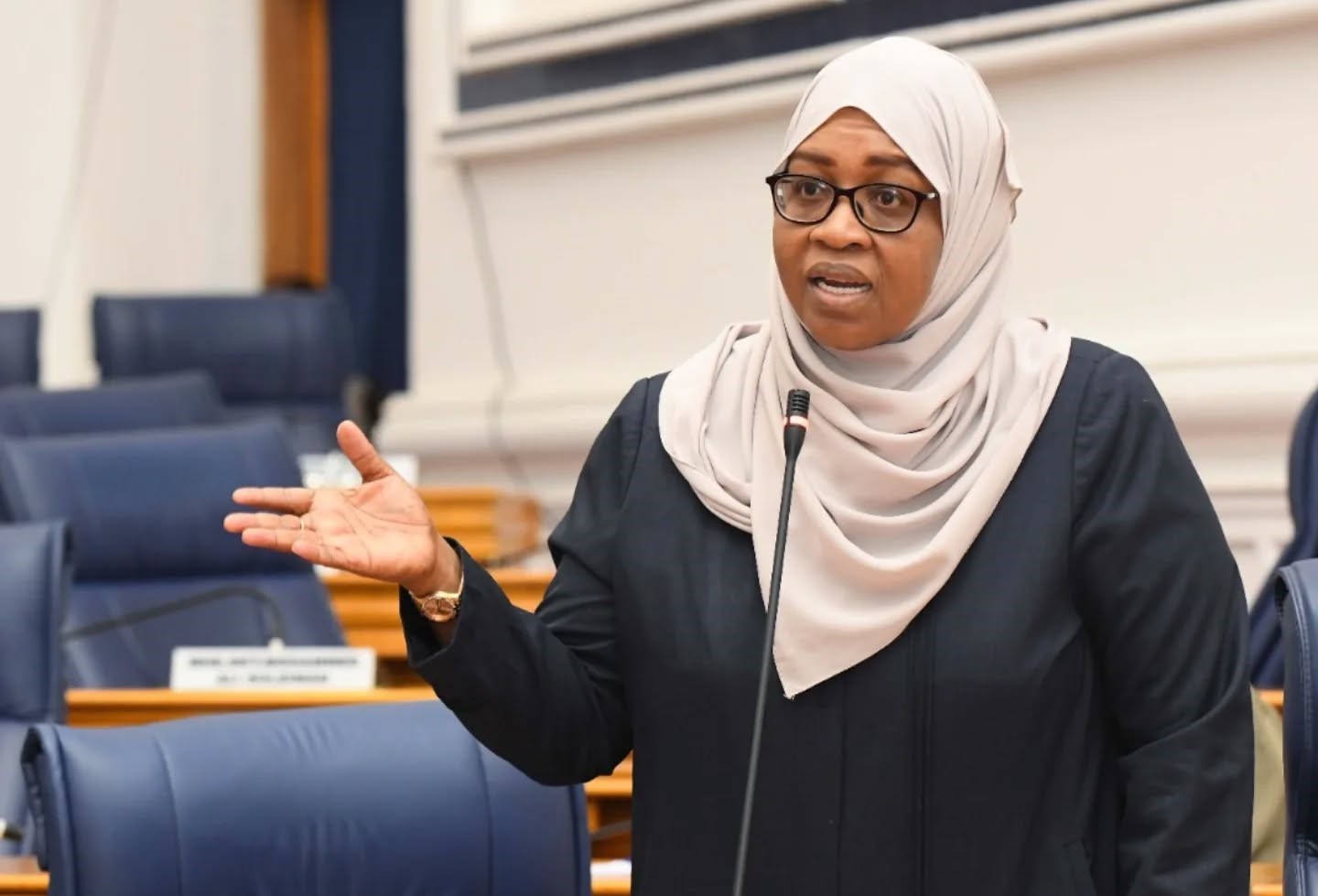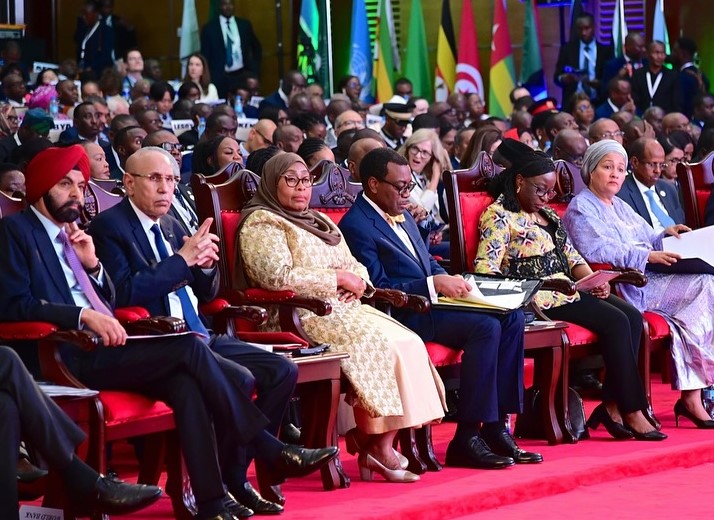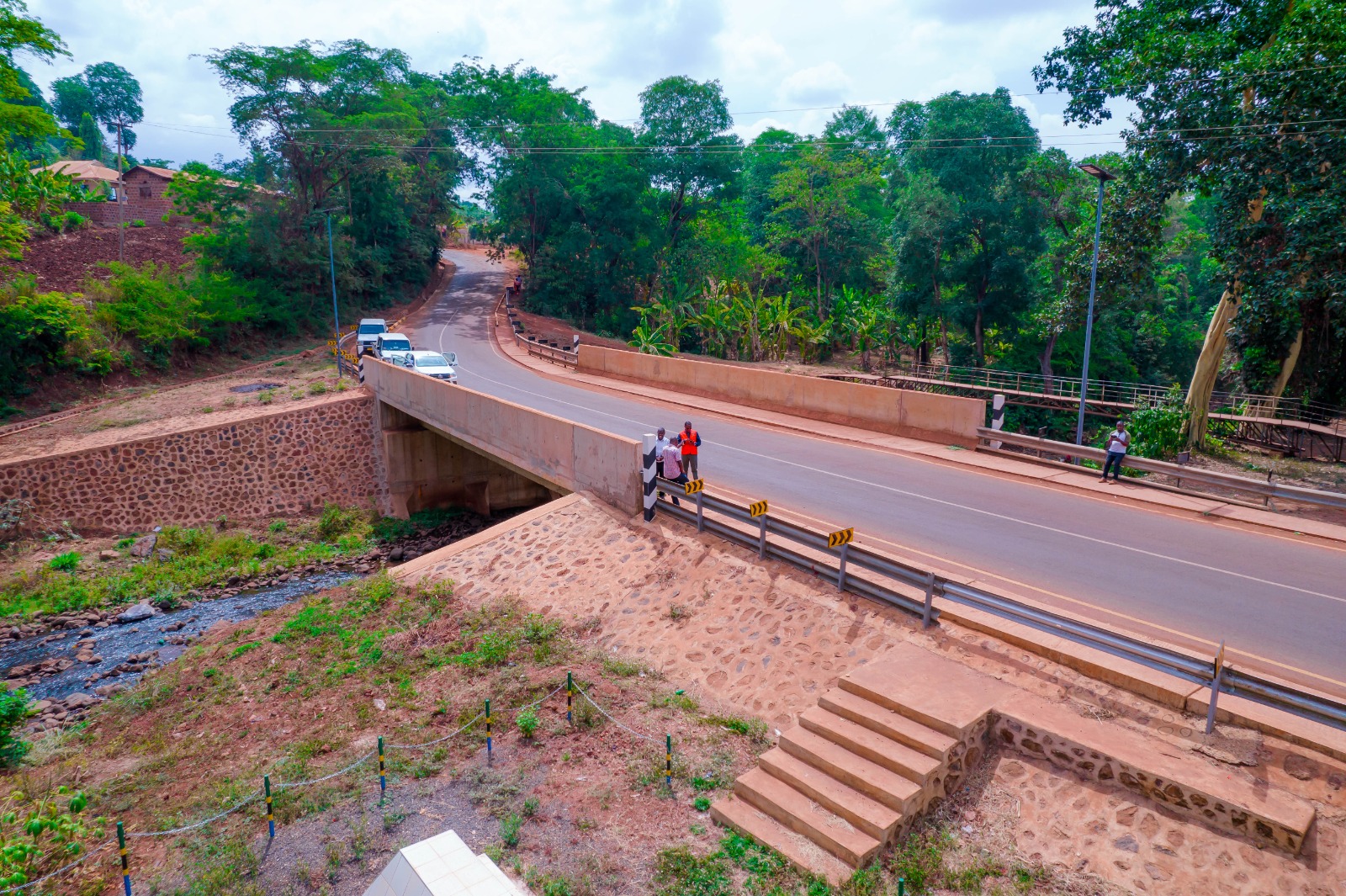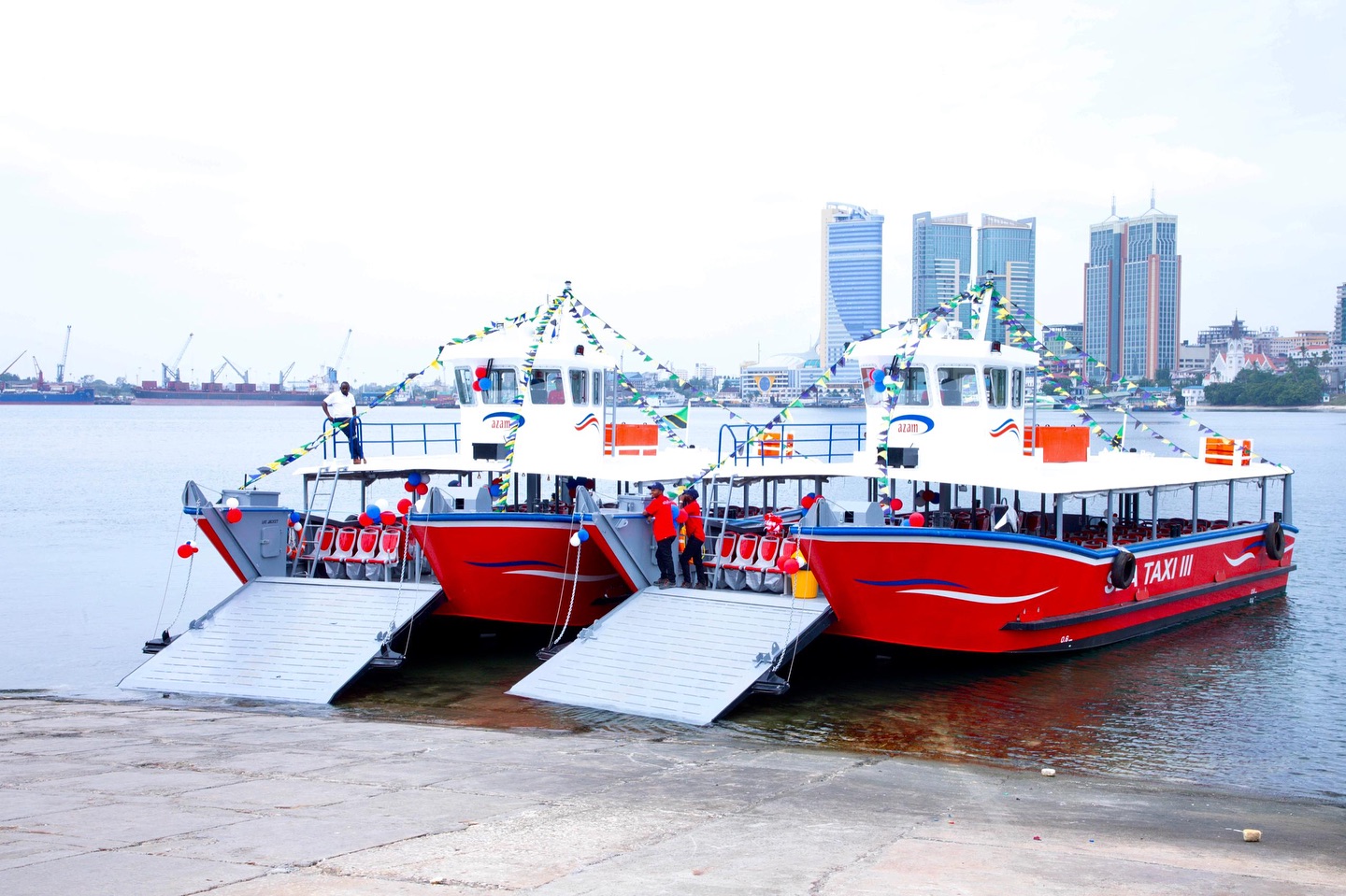Dar es Salaam. Life is steadily returning to normal in Dar es Salaam, Tanzania’s commercial nerve centre, following days of disruption and tension that gripped the city in the aftermath of the general election.
The calm, though tentative, comes after a week marked by restricted movement, business closures, and heightened security presence across major urban centres.
The once-quiet streets of Dar es Salaam are now abuzz with renewed activity as residents cautiously resume their routines.
Shops that had shuttered for days are reopening, and the city’s vital transport arteries are flowing once again.
For many, this gradual revival is a welcome relief—a sign that the nation’s economic engine is slowly restarting after a period of paralysis.
Reconnection and recovery
One of the most tangible indicators of normalcy returning has been the restoration of internet connectivity.
The digital blackout, which had hampered communication and disrupted business operations, left many disconnected from local and international markets.
Its restoration has been a crucial first step in enabling trade, information exchange, and banking operations to resume.
At the Dar es Salaam Port, the country’s busiest maritime gateway, the hum of activity has resumed.
Long lines of freight trucks are once more making their way to and from the port, ferrying goods to wholesalers and retailers across the country.
The resumption of port logistics is particularly significant, given its role in supporting both domestic supply chains and regional trade routes.
Public transport is also regaining rhythm.
Commuter buses and the ubiquitous three-wheeled bajajis are back on the roads, ferrying workers and traders to their destinations.
For a city that thrives on movement, the restoration of its transport network is a symbol of resilience and continuity.
Lingering cost of disruption
The economic cost of the shutdown has been such that transport fares have risen sharply, squeezing the budgets of low- and middle-income earners.
Commuter bus tickets, once affordable, now cost significantly more as operators contend with higher fuel costs and logistical bottlenecks.
At local markets, essential goods such as rice, maize flour, cooking oil, and vegetables have all seen substantial price hikes.
Traders attribute this to the temporary breakdown in supply chains and increased transportation costs during the unrest.
For families already struggling with high living expenses, the sudden inflation has been particularly punishing.
Still, amid these challenges, signs of resilience abound.
Banks have reopened their doors, restoring access to cash and financial services that had been disrupted.
Businesses, though cautious, are restocking their shelves and recalibrating to meet renewed demand.
For many Dar es Salaam residents, the simple ability to return to work or reopen a small shop feels like a step towards reclaiming stability.
Curfew Lifted
In another encouraging development, the police have lifted the 6:00 pm. curfew that had been imposed to contain unrest.
The decision, which took effect on November 4, 2025 has been met with quiet optimism.
It allows residents greater freedom of movement in the evenings—a critical shift for a city whose vibrancy often extends well into the night.
Restaurants, bars, and small businesses that depend on evening trade are expected to benefit from the relaxation of restrictions.
For many, it represents not just a practical change but a psychological one—the return of a semblance of normal life after days of anxiety and uncertainty.
A cautious path forward
Despite the easing of restrictions and the visible revival of daily life, economic recovery may take weeks for prices and supply chains to stabilise fully.
Still, the prevailing mood across the city is one of guarded hope.
Street vendors have returned to their corners, commuters on the roads during rush hour, and the buzz of commerce once again hums through the markets of Kariakoo and other markets.
As Dar es Salaam steadies itself, the broader national focus is shifting from immediate crisis management to economic recovery.
The resilience of Tanzania’s economic hub will be central to restoring confidence across the country and the region.
For now, as the dust settles and the city’s lights shine brighter each evening, Tanzanians appear determined to move forward—to rebuild, reconnect, and preserve the stability that underpins their shared prosperity.

